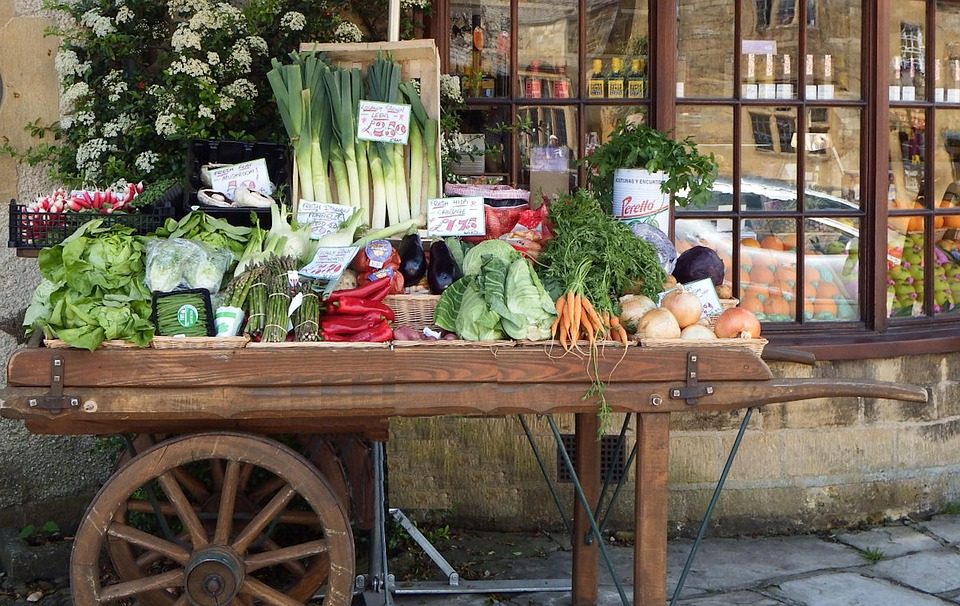Introduction
In recent years, the issue of food waste has gained significant attention globally. With millions of tons of food wasted each year, grocery retail companies are now taking steps to minimize their impact on the environment and society. This report will focus on which grocery retail companies are leading the fight against food waste, examining their strategies, initiatives, and impact on the industry.
The State of Food Waste in the Grocery Retail Industry
Food waste is a significant issue in the grocery retail industry, with an estimated one-third of all food produced globally going to waste. This waste occurs at every stage of the supply chain, from production to consumption, and has serious environmental, social, and economic consequences. Grocery retail companies play a key role in addressing this issue, as they are at the forefront of the food supply chain.
Current Initiatives
Many grocery retail companies have launched initiatives to reduce food waste in their operations. These initiatives include:
1. Implementing food waste tracking systems to identify areas of waste in their supply chain.
2. Donating surplus food to food banks and charities.
3. Offering discounts on products nearing their expiration date.
4. Educating consumers on the importance of reducing food waste.
Financial Impact
Food waste has a significant financial impact on grocery retail companies. According to a report by the World Resources Institute, food waste costs the global economy $940 billion annually. By implementing strategies to reduce food waste, grocery retail companies can not only save money but also improve their bottom line.
Leading Grocery Retail Companies in the Fight Against Food Waste
Several grocery retail companies are leading the charge in the fight against food waste. These companies have implemented innovative strategies and initiatives to reduce waste in their operations and have set ambitious targets to further minimize their impact on the environment.
Company A
Company A is a global grocery retail company that has made significant strides in reducing food waste. The company has implemented a food waste tracking system that monitors waste at every stage of the supply chain. By identifying areas of waste, Company A has been able to implement targeted strategies to reduce waste and improve efficiency.
In addition to tracking systems, Company A has also launched a program to donate surplus food to local food banks and charities. This initiative not only reduces waste but also helps to address food insecurity in the community.
Furthermore, Company A offers discounts on products nearing their expiration date to incentivize consumers to purchase these items before they are discarded. This strategy has been successful in reducing waste and increasing sales of these products.
Company B
Company B is another grocery retail company that is leading the fight against food waste. The company has implemented a zero-waste policy in all of its stores, aiming to send zero waste to landfills by 2025. To achieve this goal, Company B has implemented composting and recycling programs, as well as initiatives to reduce waste in its operations.
Company B also partners with local farmers and producers to source imperfect or surplus produce that would otherwise go to waste. By incorporating these products into their supply chain, Company B is able to reduce waste and support local farmers.
Additionally, Company B has launched a consumer education campaign to raise awareness about the importance of reducing food waste. Through social media, in-store signage, and educational materials, Company B is encouraging consumers to make more sustainable choices when shopping for groceries.
Future Trends and Opportunities
The fight against food waste in the grocery retail industry is still ongoing, with many opportunities for further innovation and improvement. Some future trends and opportunities in this area include:
1. Implementing technology solutions such as artificial intelligence and data analytics to optimize supply chain efficiency and reduce waste.
2. Partnering with food waste startups and organizations to share best practices and collaborate on solutions.
3. Expanding food donation programs to reach more communities and address food insecurity on a larger scale.
4. Investing in packaging and labeling solutions to extend the shelf life of products and reduce waste.
Conclusion
In conclusion, food waste is a significant issue in the grocery retail industry, with millions of tons of food wasted each year. However, many grocery retail companies are taking steps to address this issue and lead the fight against food waste. By implementing innovative strategies, initiatives, and partnerships, these companies are making a positive impact on the environment and society. As the industry continues to evolve, there are many opportunities for further innovation and improvement in the fight against food waste.



